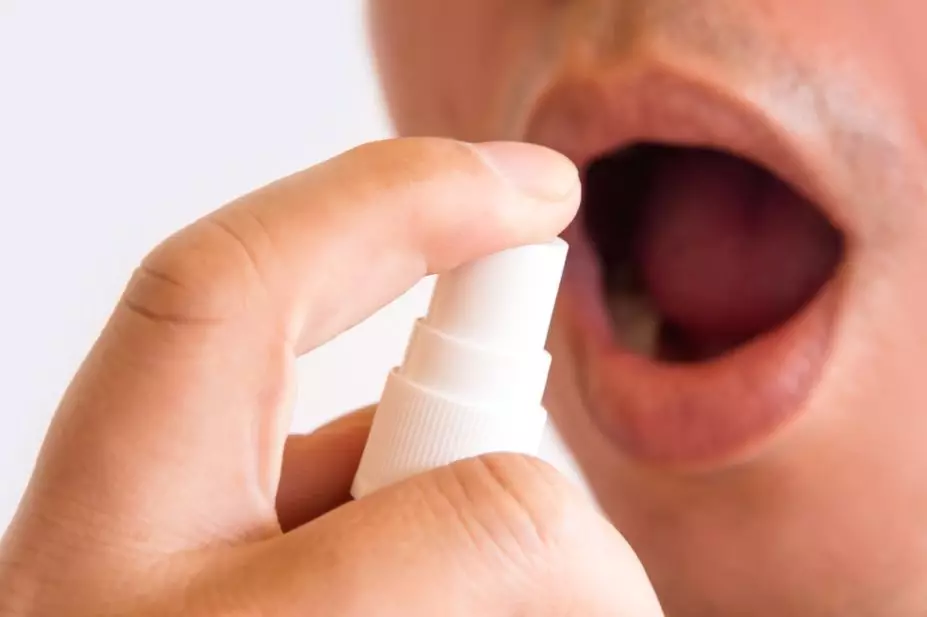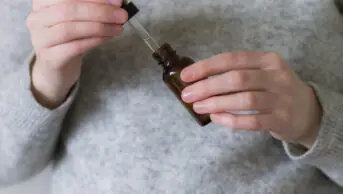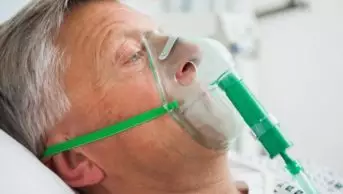
Shutterstock.com
Using an oral spray to deliver vitamin D is just as effective as a capsule, research published in the European Journal of Clinical Nutrition (23 September 2019) has suggested[1]
.
Researchers from the University of Sheffield measured vitamin D levels among 75 healthy volunteers who were given vitamin D capsules or a sublingual spray to use for six weeks, along with the corresponding placebo formulation.
Participants’ vitamin D status, determined by 25-hydroxyvitamin D [25(OH)D] blood levels, was defined as sufficient (≥50 nanomol/L), insufficient (30–49 nanomol/L) or deficient (<30 nanomol/L), with 59% of participants having insufficient/deficient vitamin D status (<50 nanomol/L) at baseline.
The researchers reported that the sublingual spray was as effective as the capsules at raising blood 25(OH)D concentrations and observed no significant difference between the rate of change for each formulation.
The spray was also preferred by 60% of participants.
“Sublingual vitamin D spray offered an effective alternative to capsules, which may be preferable to some people and advantageous where swallowing is difficult,” said Bernard Corfe, senior lecturer in molecular gastroenterology and principal investigator on the study.
References
[1] Williams C, Williams E & Corfe B. Rate of change of circulating 25-hydroxyvitamin D following sublingual and capsular vitamin D preparations. Eur J Clin Nut 2019. doi: 10.1038/s41430-019-0503-0


